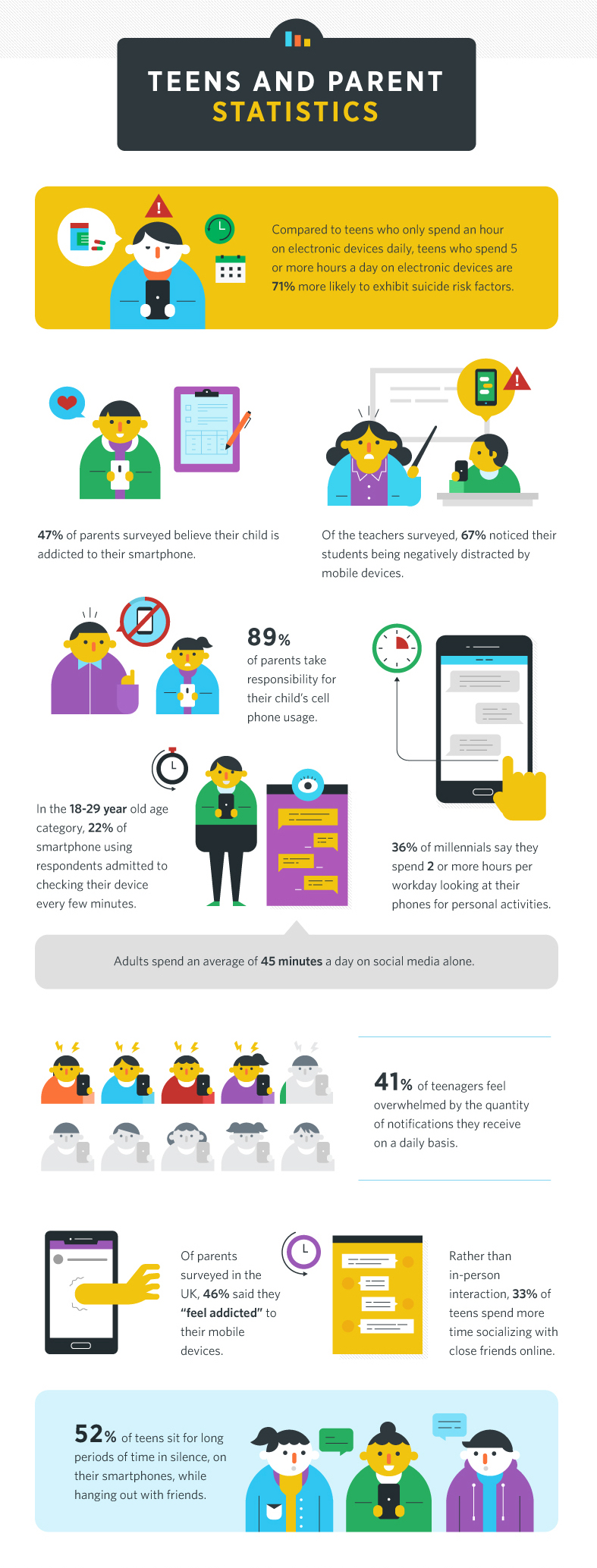Digital Detox: Why Young People Choose Dumbphones Over iPhone

One day I was walking near the bus station and saw several young women. They were of different ages, in their 20s, 30s, and older, but one detail was the same: a bag in one hand and a smartphone in the other.

Smartphones - tech upgrade or mental downgrade?

Many people don't like this trend and prefer to go back to the roots - the early 00s with feature phones and hardware keyboards. It's happening because social garbage and the toxic modern web with endless ads will inevitably cause burnout. If you can't believe it's happening, here's the proof: r/dumbphones - this community currently has nearly 60,000 subscribers, and it's not the only such place on the Internet.
In 2007 Apple made revolution with Iphone - the reinvented phone: sensor screen, 2 megapixel cameras and subset of productive applications was radically different from current devices of mobile king - Nokia, which completely ignored this tendency and finally lost the market.
Nearly 20 years after that moment, many people began to ignore the modern mobile industry with powerful mobile apps and outstanding cameras in smartphones. And yes - Internet in your pocket, 24/7! Wow, sounds great - at first glance:
- Loss of focus and productivity
- Procrastination: endless social media scrolling
- Inconvenience, such as eye strain and sore fingers
- Increased risk of car accidents
- Sleep disturbances and insomnia
- Sedentary behavior and reduced physical activity
- Social isolation and reduced face-to-face interaction
- Addiction to inappropriate content, such as violence or pornography.
All of this is now associated with smartphones. Sometimes more, sometimes less, so young people are looking for freedom from social networks and notifications every 2-3 minutes. Older people are generally more conservative, but feature phones are very good for grandmothers and grandfathers. Another big factor is price - feature phones are much cheaper, most models can be found for less than $100.
How mental health is affected by social networks and the Internet
This is probably not news to many readers, but it is worth remembering:
- Bad sleep
- Low self-confidence
- Poor focus on one thing
- Slow multitasking
- Creativity is not good
- High daily stress level
- Mood swings: from happy to depressed in minutes
- Poor relationships
- Low physical activity
What happens after escaping digital slavery? Well, generally speaking, after a week of minimal internet and social media use, you will feel much better. More relaxed, more confident, without the need to constantly search for something and argue with another internet user because "there's something wrong with the internet! No more storms in your head, panic attacks, and definitely better sleep.
There will be a big shift in creativity because we humans are able to copy other behaviors around us. Movies, TV shows, games - they all influence our individuality. Making a device or digital network the center of our personal world isn't the right choice. Mostly because it's not your world - it's their world, the company or creator who made the social network, website, TV show, etc. It's not that interesting to engage in the real world when the virtual world is so eye-catching and just a click away!
The dopamine hit that is a favorite guest in addictive behaviors like gambling, gaming or pornography also comes through social networks. So people have problems to filter real information, because too much hot content erases edges between good, normal and bad - everything looks so gray and ordinary without gormonal hits.
So what happens next? People want that hit and emotion back, so they start consuming more content: let's play this nice game and read this hot Facebook post!
This leads to brain overload and loss of productivity, loss of life interests, depression, problems with self-confidence.
The number of smartphones is constantly growing and it may be another ecological disaster
People are getting tired of smartphones, because for 20 years they have evolved from a portable device to make calls to the center of personal world: social networks, banking, car rental, music streaming, rail services and many more - all this often umpossible to use without smartphone. According to Statista, in 2014 the total number of smartphones on earth is 4.8B, and by the end of the decade this number will grow to 6.4B devices.
The average person spends 12 years of their life just using a smartphone!

That is an insane amount of lost time! Most of it can be used for personal development, career, sports, health and many other things, but the 12 years lost to smartphones sounds like being in prison.
Every day, the average man or woman spends 4 hours and 37 minutes on social networking, messaging and calling.
Every year - almost 70 days! The average user opens his device 58 times a day or every 25 minutes and uses it in 3 minutes. Check more details on this survey page. The time spent using smartphones is higher in your generations, where old people born in 1960 and earlier use it only 3.5 hours in general.
If that's not addiction, what kind of world is it? There's even a modern disease - cell phone phobia, caused by the fear of being lost without a phone.
One part of the problem is the smartphone, a nice looking device that is always with you, keeping people in the illusion that 24/7 connection with social networks is necessary for their lives. Another part is mobile applications called social networks - Facebook, TikTok, X(ex Twitter). They produce social noise 24/7 and without using them constantly people feel lost, cut off from the outside world. Their goal is super simple - ads depend on time of usage, so making their app or service more addictive with rewards and notification bombardment will bring them more money.
More than 50% of Americans believe they are addicted to their gadgets, according to Exploding Topics. The 74% feel anxious when their device isn't nearby, broken or lost. Most of them can't leave the house without their device, 59% use their smartphone on the toilet and 27% write messages at traffic lights.
This is nothing but typical self-destruction, and kicking smartphone out of personal life can be a solution. And many people are aware of the problem, especially those from Generation Z. Basic phones with calls, SMS and Whatsapp support can save time for something creative.
Dumb phones with physical keyboards are coming back
First time the serious interest for basic phones with calls and SMS support was discounted by HMD company in 2022, which bought mobile part of Nokia company. According to them, sales of basic phones are increasing mostly in North America and Europe: they doubled the market share of basic KaiOS devices in 2023-2024, so this is undoubtedly a good sign not only for the company, but for all of us who care about digital detox.
Counterpoint Research published the interesting research, according to which the market share of basic phones in the United States is 2%.
Modern basic phones are different from previous phones made in the 00s and before. They also support firmware upgrades, are able to work with 4G networks and their camera is generally better. But display and case design and quality have been seriously degraded, it's happened mostly to lower price. Some devices from Kyocera local Japanese brands still produce premium basic phones with $300+ price range. For many of them, mostly based on KaiOS, Whatsapp is available, at least basic version without video and audio calls.
Battery life is definitely better than before - for some devices a week of work is normal, smartphones are mostly designed for one day of use without charging.
Now the basic phones are mostly designed for the old generation, which can't live with smartphones due to their complexity and waterfall of available applications and never-ending notifications. Funny enough, the basic phones can be useful for young people for the same things 😄 The price difference is also very solid: $1000-$1500 iPhone isn't a luxury device anymore, just another smartphone.
Light Phone as ideal smartphone

There are many companies that started to develop devices without addictive behavior and minimal options, like Punkt or Mudita. Now, Light Phone will focus as the most popular solution of "good smartphone" with minimal Internet usage and social networking.
Light Phone III for $399 looks a bit like media player with minimalistic design and black & white display, but actually supports calls and SMS also equipped with camera, 128 GB storage and good CPU. USB-C, fingerprint, 5G support - just like general smartphone, but black & white screen is definitely confusing detail here for average user.
There's access to social networks, but I'm not sure how useful they are on such a small black and white screen. My guess is that Facebook and Tiktok interfaces are definitely not optimized for this 😄.
Such a smartphone will be good for young people as their first device, and for old people too.
Final note
Statista Market Insight predicts the $10.6B market for basic phones in 2024, so new cool devices will be available for sure. Don't let the smartphone steal your individuality!




